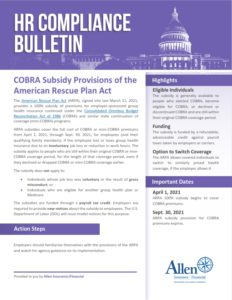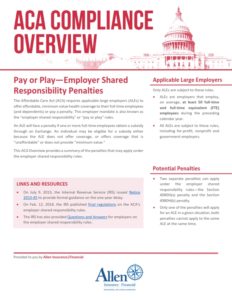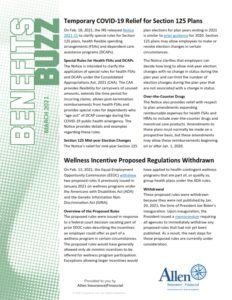Traveling? Please Check Your Coverage First
For those of you itching to travel, if you are leaving Maine for any length of time it is important to understand how your benefits travel with you both within the U.S. and outside of the country. For example:
▪ Coverage during domestic travel may depend on whether you have an Advantage plan or basic Medicare, and whether you are seeking emergency or routine care.
▪ Medicare generally does not cover any medical costs outside of the U.S. and its territories.
▪ Some Medigap plans − which can only be paired with basic Medicare − offer limited coverage for travel beyond U.S. borders.
Many Advantage plans are required to cover your emergency care anywhere in the U.S. and in an emergency many will go above and beyond what Medicare covers to provide coverage outside the U.S.
If you plan to travel outside the U.S., it’s wise to consider a stand-alone travel medical plan which can cover illnesses, emergencies and medical evacuation. We offer this coverage year-round. We are happy to discuss your options with you.
Dental Coverage Available Year-Round
Oral health directly affects overall health and quality of life. Unfortunately, this is often a gap in coverage, especially when it comes to original Medicare. The good news is you can purchase a stand-alone dental plan any time of year.
We have 5+ plans from Delta Dental, ranging in price from $30 to $90 per month. Some of the plan highlights include:
• Competitively priced plans with a variety of coverage options
• One-time (lifetime) deductible
• High annual maximums up to $2,000 per person
• Access to the nation’s largest dental PPO Network
• A vision discount program is included (Sears Optical, Lens Crafters, Pearle Vision, Target Optical, etc.)
If you’d like to explore your options, please reach out to us. We’d be happy to explain the coverage options available and help determine which plan best aligns with your needs.
Midcoast Senior Expo
We’re excited to announce that we will have a table at the Midcoast Successful Aging Expo, scheduled for June 15 from 9 a.m. to 2 p.m. at the Rockland Elk’s Club. This is our first in-person event in more than a year and we’re looking forward to connecting with our clients and community. This event is free and open to the public.









